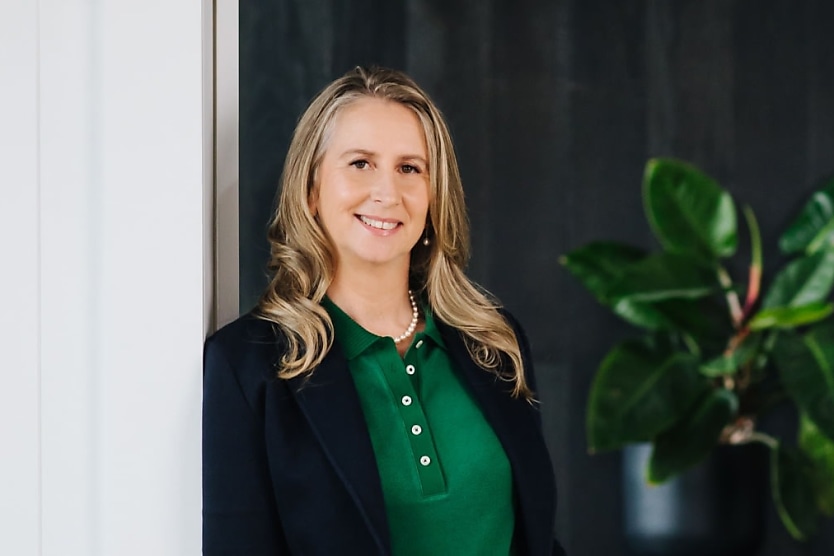
Finding purpose in your role can be a great benefit to productivity, engagement, and happiness. All it may take to help push this process along is becoming “unstuck”, but what does this entail?
According to career coach Charlotte Blair, becoming stuck in your career can be a serious detriment to efficiency and wellbeing.
“When we are stuck, we feel like we can’t move. That ‘stuckness’ can be caused by our own mindset, our beliefs, maybe the little imposter syndrome that resides within us,” commented Ms Blair.
“When we are stuck, it can have an impact on our happiness and, ultimately, our health and relationships with loved ones.”
Getting unstuck should be on every employee’s mind. However, that can be easier said than done. Determining the cause of the issue is an important first step, said Ms Blair.
“First, we must identify the underlying cause; numerous factors can contribute to a lack of happiness or fulfilment in your career – from mismatched job roles and limited career growth to toxic work environments, stagnant wages, excessive workloads, or a lack of work/life balance. When you ask yourself, ‘On a scale of one to 10, how much do you love your job?’ and your answer is lower than you would like it to be, then there is room for improvement,” said Ms Blair.
“When we then evaluate, take stock and reimagine what work and life could look like, we can start to see the wood from the trees. When we discover our strengths, understand what is important to us, think about what a great day at work looks like to us and start to explore possibilities with the help of mentors and a cheer squad, then change can start to happen.”
Addressing these issues can lead to a greater purpose, which can be a significant benefit for employers and employees alike. In fact, a PwC survey revealed that 79 per cent of business leaders believe purpose is central to business success.
Meanwhile, another study revealed that 83 per cent of employees valued purpose as one of their top priorities.
Ms Blair continued: “When employees have a clear sense of purpose, their work becomes more than just a means to a pay cheque. It’s like a guiding North Star; it gives direction and clarity, especially during times of change, uncertainty, or adversity.”
“It’s about understanding what each individual cares about the most and how it connects to the company purpose and about what they do best, their unique contribution to their day-to-day work (knowing and using their unique strengths) and how it makes a difference in what they care about. It doesn’t need to be complicated or grandiose, but we find out more and help them make connections.”
According to Ms Blair, looking for the five clues to talent and asking these questions in turn can help gain clarity on their purpose:
- Yearnings: What kinds of activities are you naturally drawn to?
- Rapid learning: What kinds of activities do you seem to pick up quickly? What have you done well that you didn’t need someone to explain how to do?
- Satisfaction: What sorts of activities do you finish and think, “I can’t wait to do that again”? Or what are you doing – inside or outside work – when you’re truly enjoying yourself?
- Glimpses of excellence: What have other people told you you’re great at doing, or where have you had moments when you think, “How did I do that?”
- Flow: What activities are you doing when you are unaware of time passing?
Jack Campbell
Jack is the editor at HR Leader.










